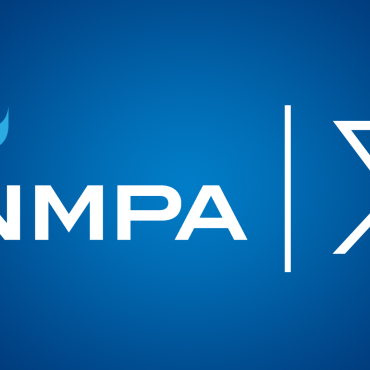Listeners:
Top listeners:
-
 play_arrow
play_arrow
On The Rise Radio
Sean “Diddy” Combs Returns Publishing Rights to Former Bad Boy Records Artists

In the world of music, success is often measured by record sales, chart-topping hits, and sold-out arenas. Yet, behind the scenes, there’s an equally vital aspect that determines an artist’s long-term financial stability and creative control: music publishing. Recently, Sean “Diddy” Combs made headlines not just for his groundbreaking career but also for his commendable act of returning music publishing rights to some of his former Bad Boy Records artists , including Faith Evans, the Lox, 112, Ma$e, The Notorious B.I.G.’s estate, and others. This move not only showcases his commitment to fostering artist empowerment but also underscores the paramount importance of understanding and retaining music publishing in the industry.
What is Music Publishing?
Music publishing refers to the management of a song’s copyright and the collection of royalties generated from the song’s usage. It consists of two primary components: the composition and the master recording.
- Composition: This pertains to the song’s underlying musical and lyrical elements, including the melody, lyrics, and musical arrangement. The creators of these elements are typically songwriters, composers, and lyricists.
- Master Recording: This refers to the actual recording of the song, usually created by the performing artist or band. The master recording rights are often held by the record label or the artist.
The Importance of Music Publishing:
Music publishing plays a pivotal role in the music industry for several key reasons:
- Royalty Collection: Publishing companies ensure that songwriters and composers receive their due royalties when their music is played on the radio, streaming platforms, in films, TV shows, or in public performances. These royalties provide a vital income stream for creators.
- Copyright Protection: By registering copyrights and managing licensing agreements, music publishers safeguard artists’ intellectual property, preventing unauthorized usage and ensuring fair compensation.
- Creative Control: Owning publishing rights grants artists control over how their music is used and who can license it. This control allows artists to protect their artistic integrity and decide how their work is presented to the world.
- Long-Term Financial Security: Music publishing provides a reliable source of income for artists, even when they’re no longer actively recording or performing. This revenue can extend well into retirement or be passed down to heirs.
Diddy’s Remarkable Gesture:
Sean “Diddy” Combs recently made waves by returning the music publishing rights to several former artists under his Bad Boy Records label. This unprecedented move symbolizes Diddy’s commitment to supporting his artists’ creative autonomy and financial stability.
The return of publishing rights is particularly significant as it empowers these artists to benefit directly from their own work. It signifies a shift towards greater equity and control for artists in an industry where publishing rights have historically been heavily contested and retained by labels.
In an industry where music publishing can be a lifeline for artists’ financial stability, Diddy’s action is a shining example of artist advocacy. By giving his former colleagues the rights to their music, he’s not only supporting their creative journey but also rectifying a long-standing issue of control and ownership within the music business.
Written by: admin
112 Bad Boy Reords Diddy faith Evans Ssean Combs
Similar posts
On The Rise Newsletter
Don't miss a beat
Sign up for the latest electronic news and special deals
EMAIL ADDRESS*
By signing up, you understand and agree that your data will be collected and used subject to our Privacy Policy and Terms of Use.
COPYRIGHT © 2023 ON THE RISE WORLDWIDE | ON THE RISE RADIO







Post comments (0)